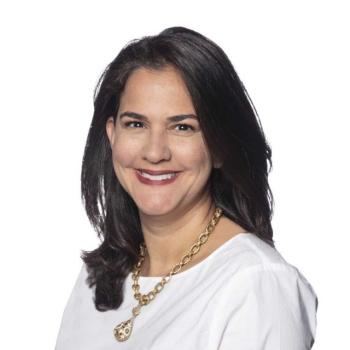Bio
My clinical interest in pregnancies complicated with birth defects has led my underlying research interests in genomic abnormalities in the human trophoblast carrying to faulty placentation. The latter began with initial work during K12 and KO8 funding. I took a great interest in the human placenta as it carries potential advantages over other tissues sources: first, this highly metabolically active organ is the potential source of many transcripts. Second, the placenta forms at a very early stage of embryonic development, potentially allowing detection of primary alterations as compared to secondary changes that may mask the underlying causal phenomena. Finally, studying early placentation may provide targets for development of novel molecular approaches, such as up-regulate or down-regulate genes, the protein products of which could potentially serve as molecular surrogates for diagnosis and treatment of pregnancy complication such as miscarriages, pre-eclampsia, pregnancy induced hypertension and intrauterine growth retardation. This work has led to the first Trisomy 21, Trisomy 18, trisomy 13 cell lines established from human placentas making it possible to apply gene editing in the early stages of human trophoblast development.
As my primary clinical responsibility involves treating patients needing medical care and support through their high risk pregnancies, I am interested in factors that may impact outcomes, such as prenatal screening and diagnosis, maternal heart conditions, labor and delivery management, and safety approaches for the second stage of labor. In investigating length of labor and approaches to shorten the second stage, I have found methods of improving perinatal outcomes in diverse maternal populations.
With regards to my interest in fetal medicine, I have worked in collaboration with other specialists such as radiologists and pediatric cardiologists utilizing imagining studies to assess and determine successful perinatal care and fetal survival.


